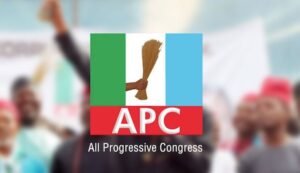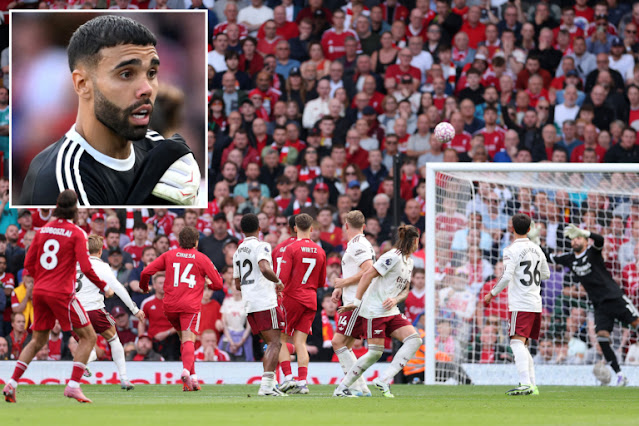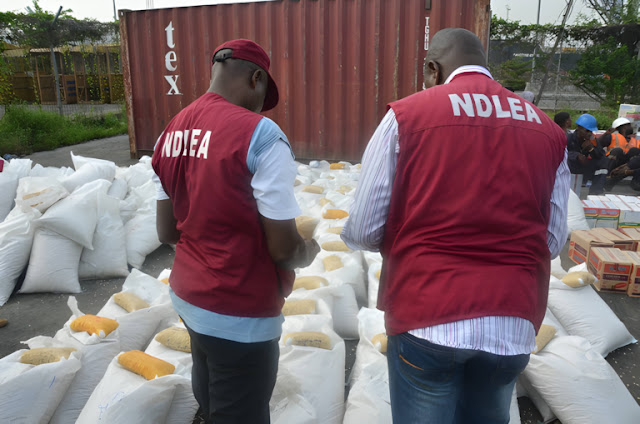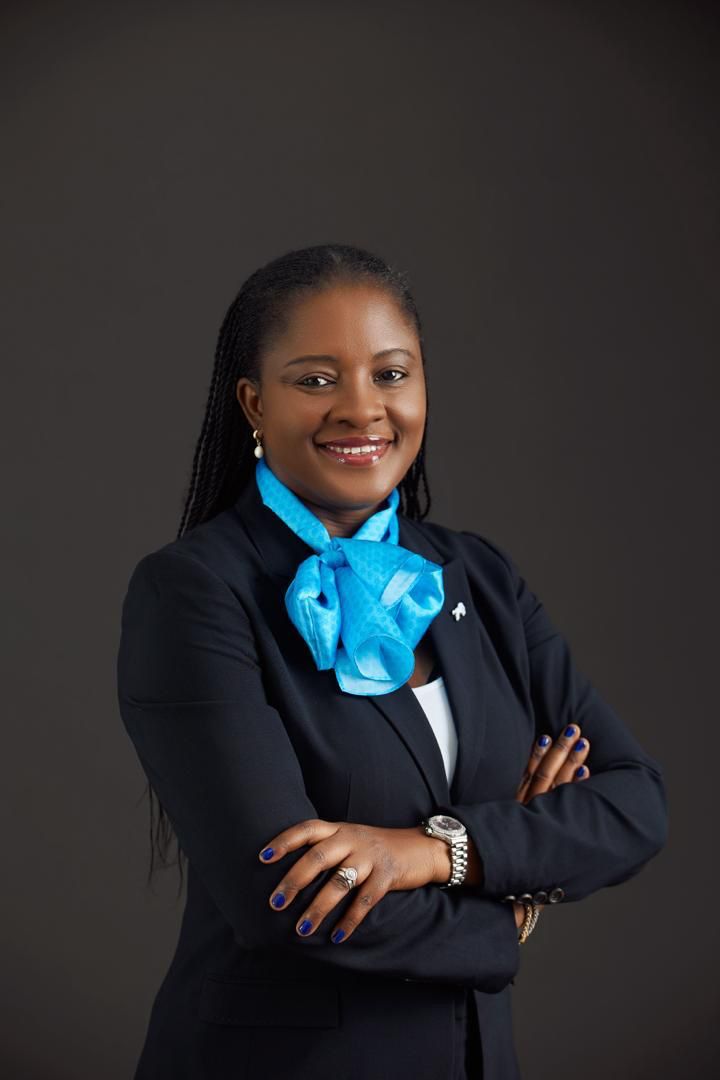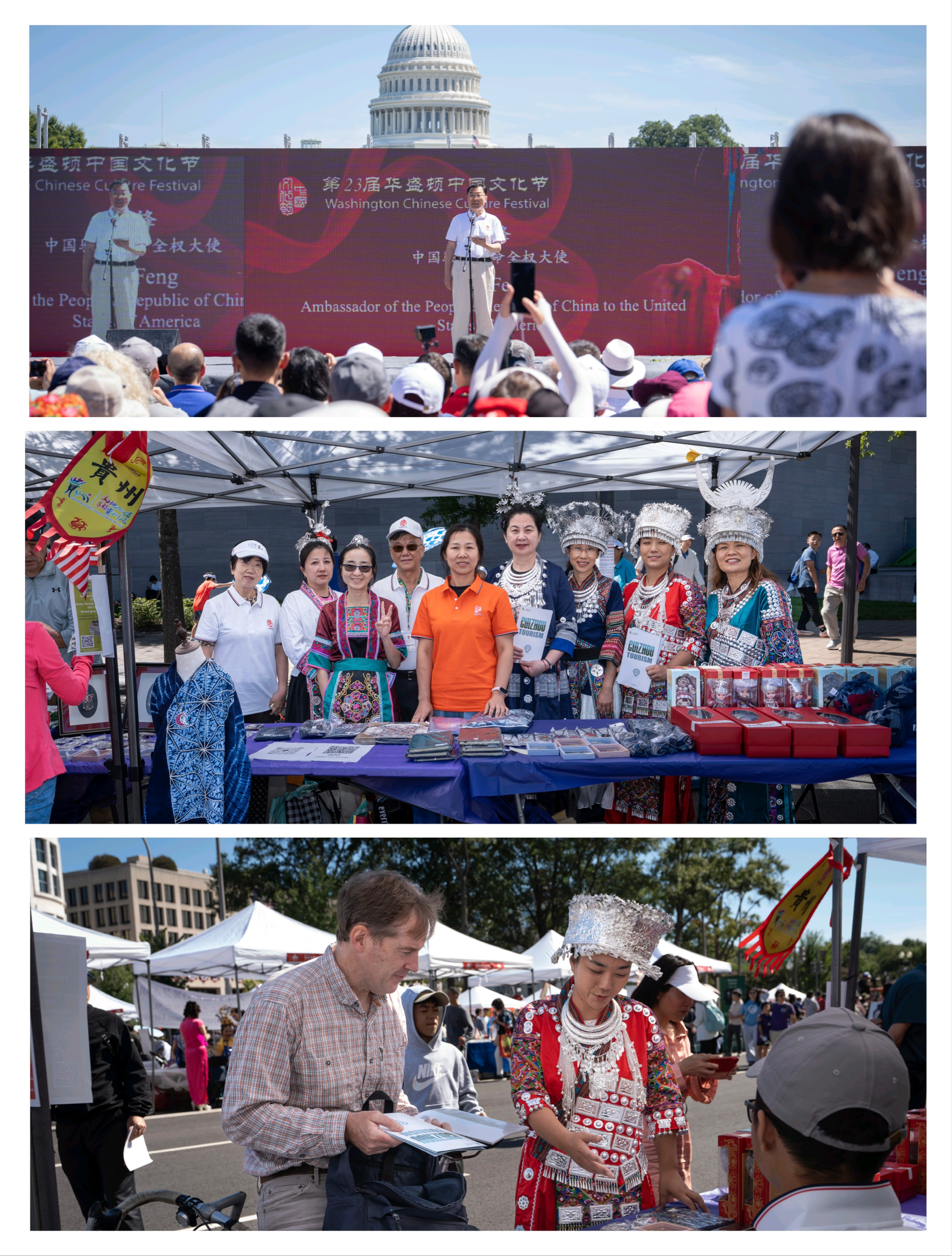In a highly contentious and polarizing development, the All Progressives Congress (APC) has declared a sweeping victory in the Rivers State local government elections held on Saturday 30, August 2025. The party claimed to have secured 20 out of the 23 available chairmanship seats, leaving the Peoples Democratic Party (PDP) with a modest three. However, the announcement of these results has sparked a firestorm of criticism from opposition leaders, civil society organizations, political analysts, and concerned citizens, who have labeled the election as a flagrant violation of constitutional principles and a severe blow to Nigeria’s democratic framework. While the APC defends the outcome as a true reflection of the will of Rivers State voters, the opposition and observers argue that the process was fundamentally flawed, unconstitutional, and an affront to democratic norms.
A Divisive Electoral Outcome
The local government elections in Rivers State were anticipated to be a significant test of political strength in one of Nigeria’s most politically charged regions. The APC’s near-total dominance in the results, however, has been met with skepticism and outright rejection by the opposition. The PDP, alongside other political actors, has dismissed the polls as a “sham” and a “staged arrangement” designed to entrench the APC’s influence in the state. The controversy surrounding the election centers on several key issues: the legal authority of the body that conducted the polls, the role of the Sole Administrator, and the broader implications for Nigeria’s democratic institutions.
At the heart of the dispute is the involvement of a Sole Administrator in overseeing the electoral process. Critics argue that this position is unconstitutional and lacks the legal mandate to conduct elections, rendering the entire exercise null and void. The opposition has further pointed to low voter turnout as evidence of widespread disillusionment among Rivers State residents, while APC leaders have countered that the turnout is consistent with patterns observed in local government elections nationwide.
Opposition Leaders Sound the Alarm
Prominent opposition figures have been vocal in their condemnation of the Rivers State local government elections. Former Vice President and 2023 PDP presidential candidate, Alhaji Atiku Abubakar, issued a scathing statement, describing the polls as a “blatant breach of the Constitution” and a direct assault on grassroots democracy. Atiku argued that the involvement of a Sole Administrator—an office he deems unconstitutional—invalidates the entire electoral process. “Democracy is anchored on the rule of law,” Atiku emphasized. “What we have just witnessed in Rivers State is an assault on the very foundation of democratic governance. It is legally impossible for a Sole Administrator, whose very position is unconstitutional, to conduct an election. This charade is null and void.”
Atiku’s concerns extended beyond the immediate context of Rivers State. He warned that such practices could erode public confidence in Nigeria’s electoral system and set a dangerous precedent for the country’s democracy. “When we deliberately subvert the law for political expediency, we destroy the people’s faith in democracy,” he stated. “This is a dangerous precedent that must not stand.” His remarks reflect a broader anxiety about the weakening of democratic institutions in Nigeria, particularly at the grassroots level, where local government elections are often seen as a barometer of democratic health.
Similarly, Peter Obi, the former Labour Party presidential candidate, condemned the polls in even stronger terms, calling them “a double tragedy for Nigeria’s democracy.” Obi argued that the election was not a genuine democratic exercise but rather an act of “rascality” that denied Rivers State residents their right to choose their leaders. “It is not democracy when a Sole Administrator, an illegal appointee, presides over an election,” Obi asserted. “Illegality can never produce legitimacy. What happened in Rivers is an outright desecration of democracy.” His remarks underscore the growing frustration among opposition leaders who see the Rivers election as part of a broader pattern of electoral manipulation in Nigeria.
Civil Society and Analysts Weigh In
Civil society organizations have been equally critical of the Rivers State local government elections. The Centre for Democracy and Development (CDD), a prominent advocacy group, described the polls as “a political theatre without legal or moral basis.” In a strongly worded joint statement, the CDD called for Nigerians to reject what it described as a “brazen subversion of democracy.” The organization argued that the election was not a legitimate exercise but rather an imposition orchestrated to serve the interests of the APC. “If unchecked, this culture of lawlessness will trickle down across the country,” the CDD warned, highlighting the potential for the Rivers controversy to have far-reaching implications for Nigeria’s democratic stability.
Political analysts have echoed these concerns, pointing to the growing tension between legality and political expediency in Nigeria’s governance. The involvement of a Sole Administrator in conducting the election has been a particular point of contention. Under Nigeria’s Constitution, local government elections are typically the responsibility of state electoral commissions, which are expected to operate independently and in accordance with established legal frameworks. The use of a Sole Administrator, critics argue, circumvents these constitutional provisions and undermines the credibility of the electoral process.
The low voter turnout reported during the election has also fueled debate. Opposition leaders and civil society groups have interpreted the low participation as a sign of widespread disillusionment among Rivers State residents, who they claim were skeptical of the election’s legitimacy from the outset. In contrast, APC leaders have downplayed the significance of the turnout, arguing that it is consistent with historical trends in local government elections across Nigeria. This discrepancy in interpretation highlights the deep polarization surrounding the Rivers election and the broader challenges facing Nigeria’s democratic system.
The APC’s Defense
Despite the widespread criticism, APC leaders have remained steadfast in their defense of the election results. Hon. Tony Okocha, the Caretaker Committee Chairman of the Rivers State APC, hailed the outcome as a “clear expression of popular support” for the party. In a press statement, Okocha asserted that the election was conducted peacefully and that the results reflected the true wishes of Rivers State voters. “The people of Rivers have spoken clearly,” he said. “This election was a testament to the fact that Rivers people have embraced a new direction. Our victory is not by accident but by the overwhelming confidence the electorate has in the APC.”
Okocha dismissed the opposition’s allegations of electoral manipulation, arguing that the APC’s success was a result of its strong grassroots support and effective campaign strategies. He also rejected claims that the Sole Administrator’s involvement rendered the election unconstitutional, insisting that the process adhered to the necessary legal and procedural requirements. However, Okocha’s remarks have done little to quell the controversy, as opposition leaders and observers continue to challenge the legitimacy of the polls.
The PDP’s Response and Legal Threats
The Rivers State chapter of the PDP has been unequivocal in its rejection of the election results. Mr. Sydney Gbara, the state PDP publicity secretary, described the polls as a “sham” and a “staged arrangement to legitimize illegality.” In a counter-statement, Gbara accused the APC of orchestrating the election to impose its will on the people of Rivers State. “The APC cannot impose its will on Rivers people under the guise of democracy,” he said. “We will explore all legal and political means to challenge this daylight robbery.”
The PDP’s response signals the likelihood of a protracted legal battle over the election results. Opposition leaders have called for intervention from the Independent National Electoral Commission (INEC) and the judiciary to address what they describe as a gross violation of democratic principles. While INEC’s role in local government elections is limited, as these polls fall under the purview of state electoral commissions, the opposition is likely to argue that the involvement of a Sole Administrator constitutes a breach of constitutional norms that warrants federal intervention.
Legal experts have noted that the controversy could set a significant precedent for how local government elections are conducted in Nigeria. If the courts rule that the Sole Administrator lacked the authority to oversee the election, the results could be nullified, potentially triggering a fresh round of polls. However, such an outcome would likely deepen the political crisis in Rivers State, where tensions between the APC and PDP have long been a defining feature of the state’s political landscape.
Broader Implications for Nigeria’s Democracy
The Rivers State local government election controversy is more than a localized dispute; it raises fundamental questions about the state of democracy in Nigeria. Local government elections are a critical component of the country’s democratic system, as they provide citizens with an opportunity to elect leaders who directly impact their communities. When these elections are marred by allegations of illegality and manipulation, it undermines public trust in the democratic process and weakens the foundations of grassroots governance.
The use of Sole Administrators in local government administration has been a contentious issue in Nigeria for years. Critics argue that the practice, which is common in several states, allows state governors to exert undue influence over local governments, effectively undermining their autonomy. The Rivers State election has brought this issue into sharp focus, with opposition leaders and civil society groups calling for reforms to ensure that local government elections are conducted in a transparent and constitutionally compliant manner.
Moreover, the controversy highlights the broader challenges facing Nigeria’s electoral system. Issues such as voter apathy, electoral violence, and allegations of rigging have long plagued elections at all levels in the country. The Rivers State election, with its low voter turnout and allegations of illegality, underscores the need for comprehensive electoral reforms to restore public confidence and strengthen democratic institutions.
The Road Ahead
As the fallout from the Rivers State local government elections continues, all eyes are on the judiciary and other relevant institutions to see how they will respond to the opposition’s legal challenges. The outcome of these challenges could have significant implications for the political dynamics in Rivers State and beyond. For the APC, the election represents a major victory in a state that has historically been a PDP stronghold. However, the party’s ability to sustain this victory will depend on its ability to navigate the legal and political challenges ahead.
For the PDP and other opposition parties, the election is a rallying point to galvanize support and challenge what they see as an assault on democratic principles. The party’s decision to pursue legal and political avenues to contest the results suggests that the battle for control of Rivers State’s local governments is far from over.
Civil society groups and political analysts, meanwhile, are calling for broader reforms to address the systemic issues exposed by the Rivers election. These include strengthening the independence of state electoral commissions, abolishing the use of Sole Administrators, and ensuring greater transparency and accountability in the electoral process.
Conclusion
The Rivers State local government elections of September 2025 have ignited a fierce debate about the state of democracy in Nigeria. The APC’s claim of victory has been overshadowed by allegations of unconstitutionality, electoral manipulation, and widespread disillusionment among voters. While the party celebrates what it describes as a mandate from the people, opposition leaders, civil society groups, and analysts warn that the election sets a dangerous precedent for Nigeria’s democratic future.
As the controversy heads toward a legal showdown, the outcome will likely shape the political landscape in Rivers State and influence the broader discourse on electoral integrity in Nigeria. For now, the Rivers election serves as a stark reminder of the challenges facing the country’s democracy and the urgent need for reforms to ensure that the will of the people is truly reflected in the electoral process.


